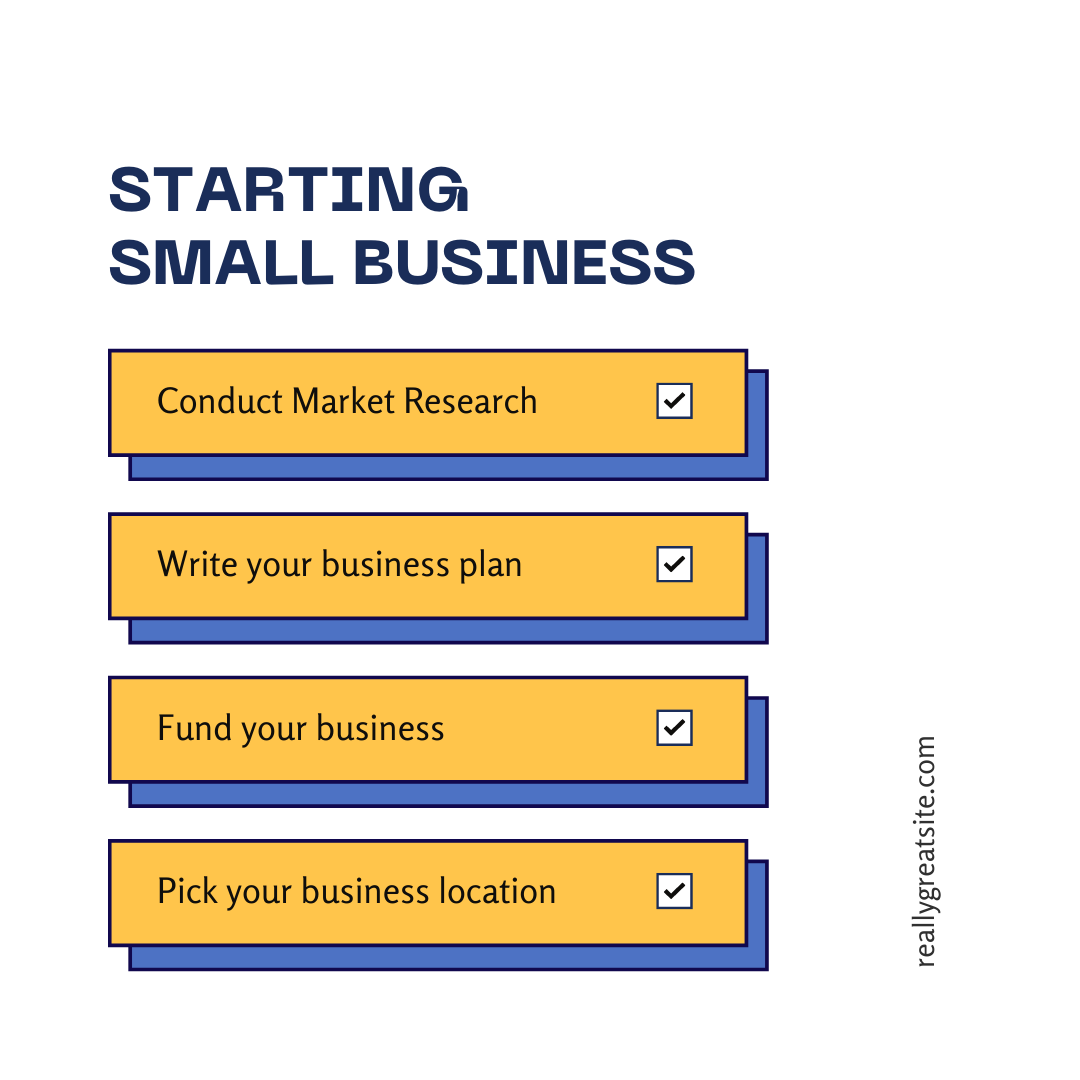Introduction
Embarking on the journey of starting a small business can be both exciting and challenging. While many aspiring entrepreneurs believe they need extensive experience to launch a successful venture, the truth is that passion, dedication, and a willingness to learn can be powerful assets. In this article, we will guide you through the steps to start a small business without prior experience and set you on the path to success.
-
Discover Your Passion and Purpose
The first step in starting any business, regardless of experience, is to identify your passion and purpose. What are you genuinely interested in? What problems do you want to solve for your customers? Your passion will be the driving force that motivates you during challenging times and keeps you focused on your goals.
-
Research Your Market
Market research is a crucial aspect of any business launch. Without experience, it becomes even more vital as it helps you understand your target audience, competitors, and potential demand for your product or service. Utilize online resources, surveys, and interviews to gather relevant data and identify opportunities and gaps in the market.
-
Educate Yourself
Even if you lack direct experience in the industry you plan to enter, it doesn't mean you can't learn the necessary skills and knowledge. Enroll in online courses, attend workshops, read books, and follow industry experts to gain insights and stay updated with the latest trends and practices.

-
Develop a Solid Business Plan
A well-crafted business plan is the roadmap for your small business. It outlines your goals, target market, marketing strategies, financial projections, and operational plans. Creating a comprehensive business plan not only clarifies your vision but also demonstrates to potential investors and partners that you are serious about your venture.
-
Start Small and Test the Waters
Instead of diving headfirst into a full-fledged business, consider starting small and testing your ideas. You can begin with a pilot project or a limited product release to gauge customer interest and collect feedback. This approach allows you to fine-tune your offerings and make necessary adjustments before scaling up.
-
Seek Guidance and Mentorship
One of the most effective ways to compensate for a lack of experience is to seek guidance from mentors or experienced entrepreneurs. Reach out to industry professionals, join networking events, and consider joining entrepreneurial communities where you can connect with like-minded individuals and learn from their experiences.
-
Build a Strong Support Network
Starting a business without experience can be challenging, but having a support network can make the journey smoother. Surround yourself with friends, family, or advisors who believe in your vision and can offer emotional support and constructive feedback.
-
Embrace Mistakes and Learn from Failures
Mistakes and failures are inevitable, especially for first-time entrepreneurs. Instead of being discouraged, see them as learning opportunities. Analyze what went wrong, identify areas of improvement, and use these experiences to refine your strategies and decision-making.
-
Focus on Customer Satisfaction
Regardless of your level of experience, exceptional customer service should always be a priority. Happy customers not only lead to positive word-of-mouth advertising but also foster customer loyalty, which is crucial for the long-term success of your small business.

-
Adapt and Evolve
The business landscape is ever-changing, and as a novice entrepreneur, your ability to adapt and evolve will be key to your success. Stay agile and open to new ideas, and be willing to pivot your business model if needed.


You must be logged in to post a comment.